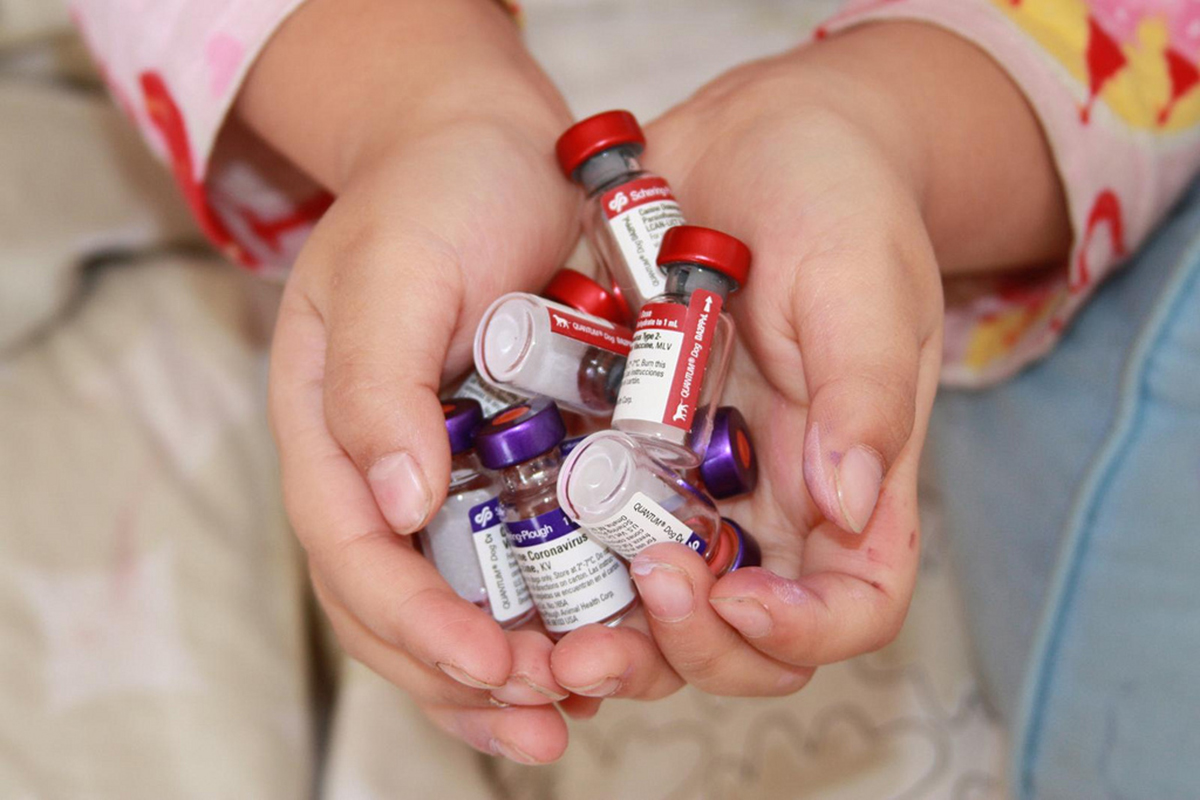Table of Contents
The introduction of this vaccine has raised controversy, mainly because it deals with a very sensitive topic, which is sexual activity among teenagers. In many countries including the U.S., the vaccine has been introduced as mandatory in the vaccination scheme, and it is being administered to girls as young as 9 years of age.

Pros and cons
But, what is the thought of people in favour and against the HPV vaccine?
It also promotes sexual and reproductive health education, especially among teens and young adults. Knowledge on cervical cancer and other sexually transmitted diseases, as well as prevention, including regular screening, is valuable information that is explained to parents and teenagers when getting the vaccine.
On the other hand, people against HPV vaccination consider that its use will increase the number of sexually active teenagers and will promote promiscuity. Others are just concerned that there might be too many vaccines in the vaccination scheme, raising the question whether this may cause any health related issues or not.
Some women have reported mild secondary effects after being vaccinated, but nothing can be assured, since it is a relatively new vaccine. A monitoring program is currently being run in order to collect data regarding the safety of the vaccine after its general use.
Other facts to consider about the HPV vaccine
The coverage of the vaccine is also a matter of discussion, because it doesn’t protect against all the oncogenic HPV types that have been identified.
Taking all these issues into account, it is important for all women, vaccinated or not, to get tested continuously to detect any HPV infection.
Finally, the cost of the vaccine is also an important issue to address. People with healthcare can have the vaccine for free, but the ones who don’t will have to pay $300 approximately for each treatment; and since it only lasts 5 years, it would mean a constant expense, if you wish to continue with the treatment.
Read More: Half of Men May Be Infected with HPV - The Human Wart Virus That Causes Cervical and Other Cancers
It is important, however, to be informed regarding its use and the potential benefits and disadvantages that it might cause. If you have any questions about the HPV vaccine, regarding its effectiveness, side effects, or any other matter, talk to your physician. Just remember that, even when vaccinated, women still have to be regularly screened by a specialist, in order to identify any infection on time and get the proper treatment to avoid more severe consequences.
- Thomas, T.L. 2008. The New Human Papillomavirus (HPV) Vaccine: Pros and Cons For Pediatric and Adolescent Health. Pedriatic Nursing, 34 (5) pp. 429-431
- Photo courtesy of Daniel Paquet by Flickr : www.flickr.com/photos/danielpaquet/5115654021/
- Photo courtesy of Carlos Reusser Monsalvez by Flickr : www.flickr.com/photos/carlosreusser/5967597824/


Your thoughts on this